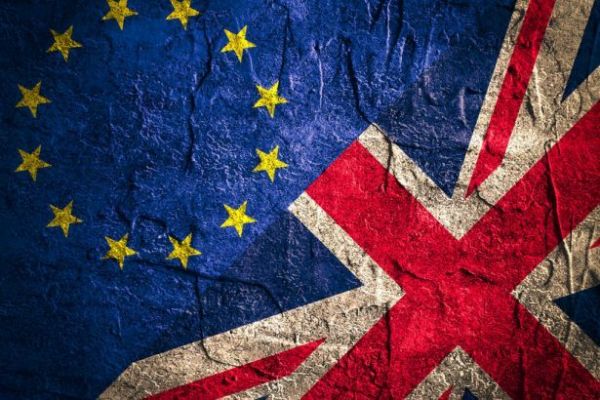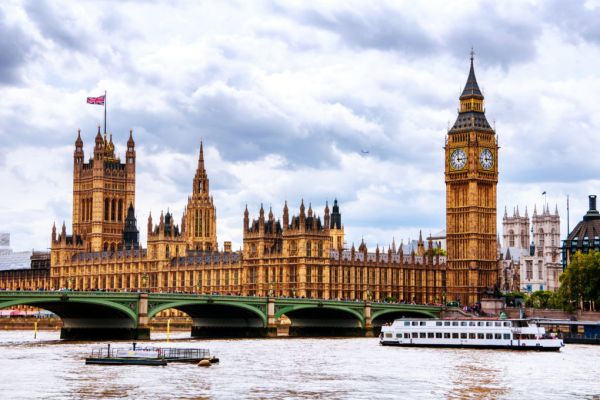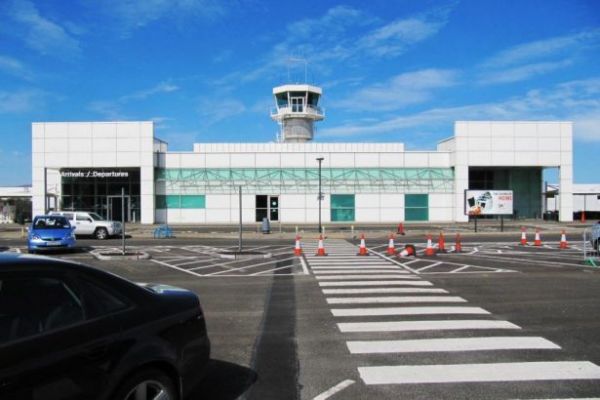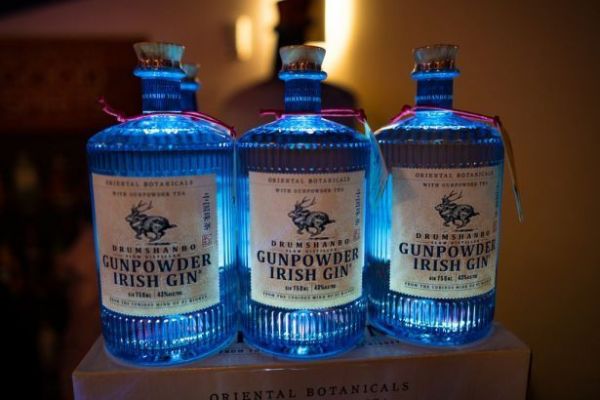If you're a tourist, welcome to Britain.
With the fall in the pound, it's massively cheaper to visit the UK So looking beyond today's stock market shakeout, that could prove to be a boost for the leisure industry, some hotels and luxury brands.
Take Merlin Entertainments, which owns attractions such as Madame Tussauds and the London Eye. It had a difficult year in 2015, after a roller coaster crash at its big Alton Towers theme park. A surge of new visitors would be welcome.
And then there's Premier Inn, owned by Whitbread. Chief executive Alison Brittain recently bemoaned the downturn in the London hotel market, that pushed revenue per available room down 6 percent in the capital in the three months to June 2.
The hotel chain's struggle is down to a combination of tourists staying away following the terrorist attacks in Paris and Brussels, and a glut of rooms. A weak pound could help to turn the tide for trips to the capital and help fill up those empty beds.
On the luxury front, Burberry could be one of the main beneficiaries from higher visitor numbers.
It obtains about 40 percent of its retail sales from Chinese consumers, including those travelling abroad, so it has been hit hard by their reluctance to travel after the terrorist attacks. A cheaper pound may boost footfall to London stores, and could flatter the bottom line -- John Guy, analyst at Mainfirst, estimates that a 10 percent drop in sterling could increase earnings before interest and tax by 90 million pounds ($122.8 million).
Of course, there are a lot of complications to wade through following Brexit. It's no small matter that there's potential for a recession, a broad consumer slowdown, and a big falloff in confidence.
Whitbread is a case in point. Even if it wins from London holidaymakers, it also has exposure to the business travel market. That is already slowing, and a further downturm might offset some of the Brexit bounce.
And losers? Those companies selling overseas holidays, such as Thomas Cook and Tui. For just as the falling pound makes London cheap for visitors, it makes travelling outside the U.K. more expensive for Britons.
Expect a return of the "staycation" the trend during the recession for Britons to stay at home and have days out, or holiday in the U.K.
That's good for tent sales but bad for tour operators.
News by Bloomberg, edited by Hospitality Ireland
(* This column does not necessarily reflect the opinion of Bloomberg LP and its owners.)









